After experiencing my first motorcycle collision, I wanted to share this guide on what to do when you’re involved in a motorcycle accident. In my case, I was found to be not at-fault and the other driver was charged.
Each accident experience is different. It’s a good idea to be prepared on how to properly deal with an accident or collision that involves your motorcycle.
Of course your safety and well-being is the most important thing to worry about. After that, here are the steps you should take after a motorcycle accident occurs.
Jump Ahead To:
What to Do When You’re Involved in a Motorcycle Accident
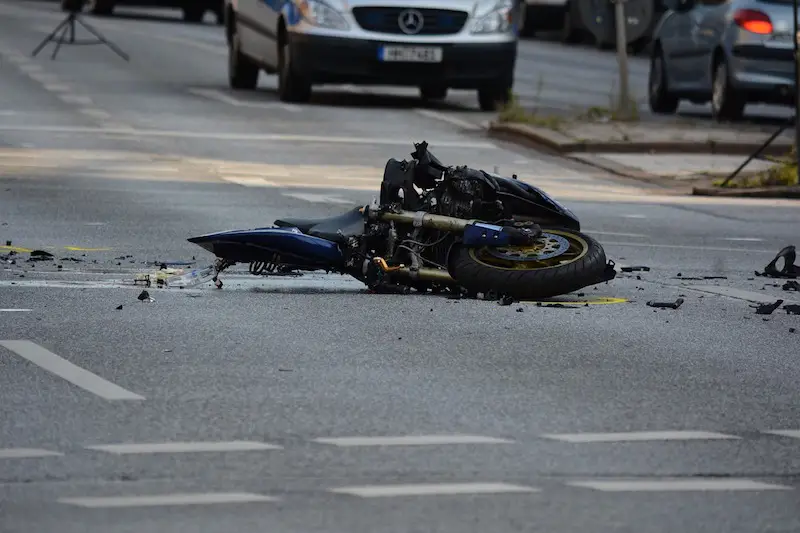
Step 1 – Check Yourself and Assess the Situation
Before doing anything else, check that you’re okay. If you hit the ground or got launched off your bike avoid moving too much, especially if you feel any back or neck pain. Try wiggling your toes and moving your feet before checking the rest of your body.
Inspect your legs, torso, and hands for any serious injuries. Hopefully you were wearing your protective gear, such as a motorcycle helmet. This gear can prevent serious injuries from occurring, especially in low to mid-speed crashes and collisions.
If you can, sit yourself up and look around. Let people around you know you’re okay and whether or not you need an ambulance. Next, take a look at your motorcycle and inspect its condition.
Depending on your injuries and the damage to your motorbike, you might need to call the police and an ambulance. If your injuries are severe, stay on the ground and let someone call help for you.
Step 2 – Take Photos and Exchange Contact Information
If you’re able to get up and walk around start taking photos of your bike and accident scene. These photos can be used to help your case both with the insurance company and police investigation.
Take photos of any other vehicles involved. Don’t forget to photograph any of your injuries as well. Hopefully you were recording everything with your motorcycle helmet camera and can use this footage as evidence.
After taking photos, you’ll want to exchange contact information with the other people involved in the accident. It’s important to get their names, phone number, and relevant insurance information.
If the police are called, they will have this information available for you if you weren’t able to get it at the scene. It’s called a Motor Vehicle Collision Report and can be picked up at your local police station.
Step 3 – Move Your Bike Off the Road
Once it’s safe, move your bike off the road and away from traffic. Laying in the street your motorcycle can become a to other vehicles. Other drivers might not know what’s going on and you could be responsible for causing an accident.
If you’re injured, you don’t need to worry about this. Otherwise, it’s a good idea to move your bike to the side and clear away any debris. Don’t hesitate to ask for help if you’re not able to move your bike on your own.
Step 4 – Call Your Insurance & Speak to Witnesses
It’s important to alert your motorcycle insurance company about an accident or collision as soon as possible. This will start the claims process and give the company enough time to process all of the accident information.
Have your driver’s license, ownership, policy number, and the other drivers information available for the insurance agent. Never admit guilt and avoid answering questions about your injuries until you’ve seen a health professional.
The sooner you speak with your insurance company, the faster your claim will be processed. This will help to get money in your hand that you need for replacing your motorcycle and protective gear more efficiently. The longer you wait, the more likely you are to forget the important details surrounding your crash or accident.
You should also speak to any witnesses before or after calling your insurance. If the police are called they will get their own witness statements. Otherwise, grab the contact information of anybody that witnessed the accident. This information can be important for insurance or any legal claims.
Step 5 – Don’t Admit Fault
Admitting fault at the scene of the accident is a terrible idea. It’s OK to apologize, but never admit to anything before speaking to a motorcycle accident lawyer and your insurance broker.
Typically, it’s not always clear who’s at fault immediately after a collision. There are details you might not remember right away. You can do more harm than good by admitting fault.
While speaking to police be careful with what you say. These are legal statements that can impact your insurance claims or any criminal charges.
Tell the truth of what happened during your accident and collision while never admitting it was your fault. Should anyone ask, tell them you’re waiting for the results of the police investigation before jumping to any conclusions.
Step 6 – Visit a Health Professional
Weather you’re seriously injured in a motorcycle accident or not, consider visiting your family doctor or a local health professional. They’ll be able to assess your injuries at a professional level and properly manage any concerns you may have.
These visits will also come in handy for your insurance claims or any possible legal action related to your accident. Getting checked out will give you the peace of mind you’re looking for after a stressful experience.
Depending on the severity of the accident you may be transported to the hospital. Note down the hospital you were taken to and keep all of the paperwork you’re given. Your insurance company will need this information during the claims process.
Step 7 – Contact a Personal Injury Lawyer or Motorcycle Accident Attorney
There are a number of reasons why you might need a personal injury lawyer after a motorcycle accident. You could also contact a motorcycle accident attorney that specializes in these issues.
Dealing with insurance and any legal proceedings can be stressful after an accident. Hiring the right lawyer can streamline the process. These individuals are trained to take care of everything related to your accident while you focus on getting better.
Lawyers are also experienced at dealing with insurance companies. They’ll be able to get you the most from your motorcycle accident claims while you rest and tend to your injuries.
Whether you’re severely injured or not, it’s a good idea to speak with a lawyer about your rights. For first time riders, you might not be aware of everything available to you, especially if the accident wasn’t your fault.
To find the best motorcycle accident lawyer, start with a Google search for personal injury lawyers in your local area. Read reviews, follow your due diligence, and you’ll be able to find someone to help you through this stressful time.
Motorcycle Accident Tips
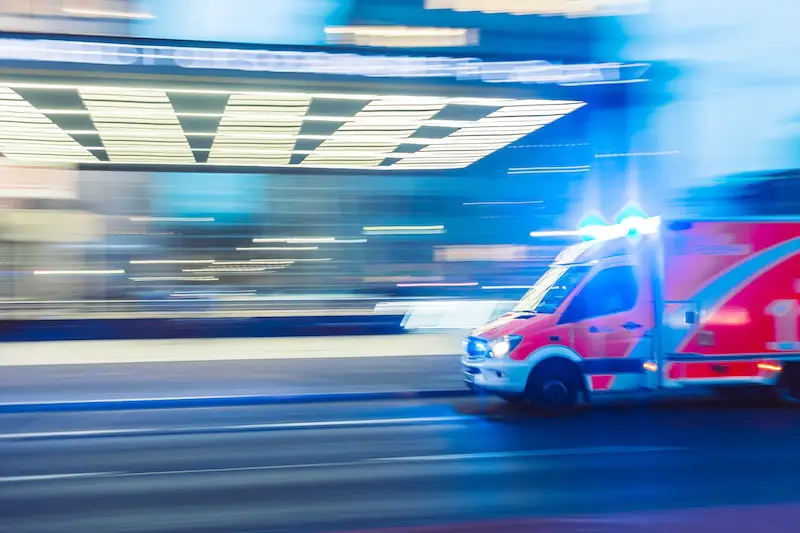
Follow Traffic Laws
One of the best ways to avoid getting into an accident or collision is to follow the local traffic laws. Avoid excessive speeds and never take any unnecessary risks. Keep both tires on the ground at all times and always scan the traffic ahead for any potential issues.
Speeding is one of the main causes of accidents for motorcyclists where the rider is found at-fault. Maintain reasonable speeds in busy areas and always indicate your intentions. Keep an eye out for turn signals, drivers using their phones, and any erratic driving.
Wear Your Safety Gear
Unlike cars, that come equipped with seat belts and airbags, you’re completely exposed on a motorcycle. There is very little protecting you from the outdoor elements when you’re involved in an accident.
Wearing your safety gear can be the difference between life and death should you get hit or thrown from the bike. In my accident my gloves, jacket, and helmet saved me from more serious injuries. Had I been wearing armored riding pants and the proper motorcycle boots I would have walked away from my crash.
You have to ask yourself – how much is your life worth? While you might spend $1000 or more on motorcycle safety gear, it’s definitely a worthwhile investment that one time you need it.
Inspect Your Bike Regularly
While most accidents involve other drivers, it’s possible that a motorcycle malfunction can lead to a crash. Issues like your chain snapping from not being lubed or your tire blowing out from under-inflation can be easily avoided.
Regularly inspect your bike, especially before long rides or multi-day trips. Check the tires, chain condition, and the visible moving components to ensure they’re in good working order.
Take care of any issues that come up before heading out on a ride. Not only will proper motorcycle maintenance extend the lifespan of your bike, it will keep you safe out on the road.
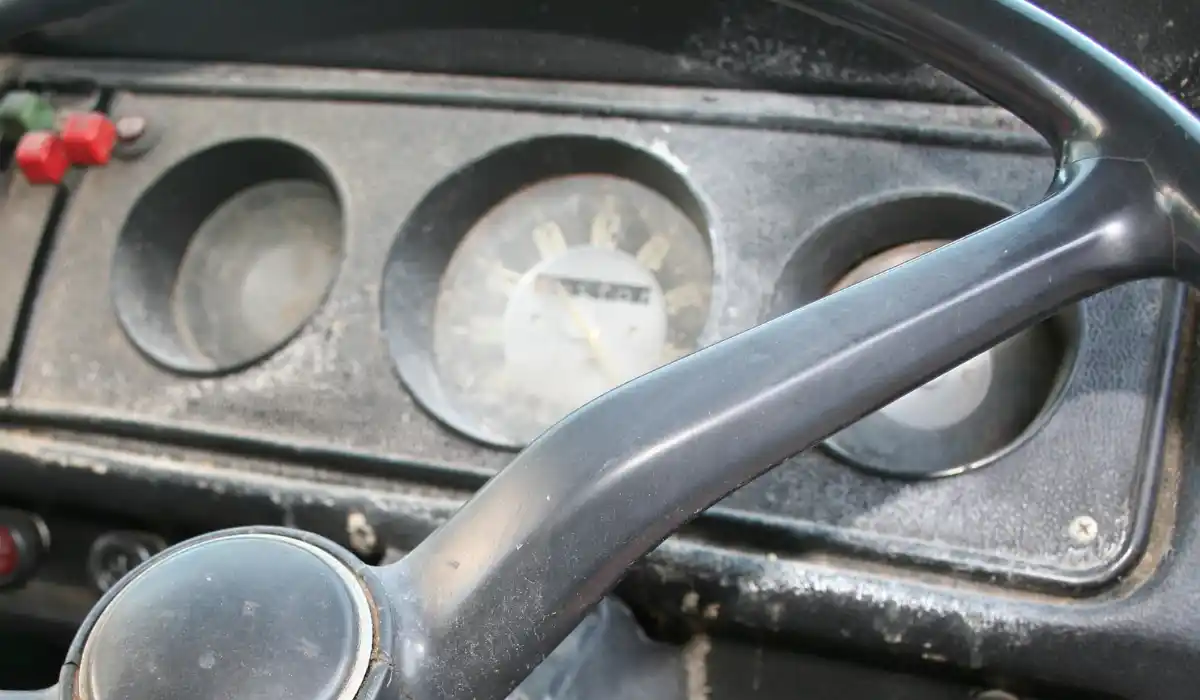
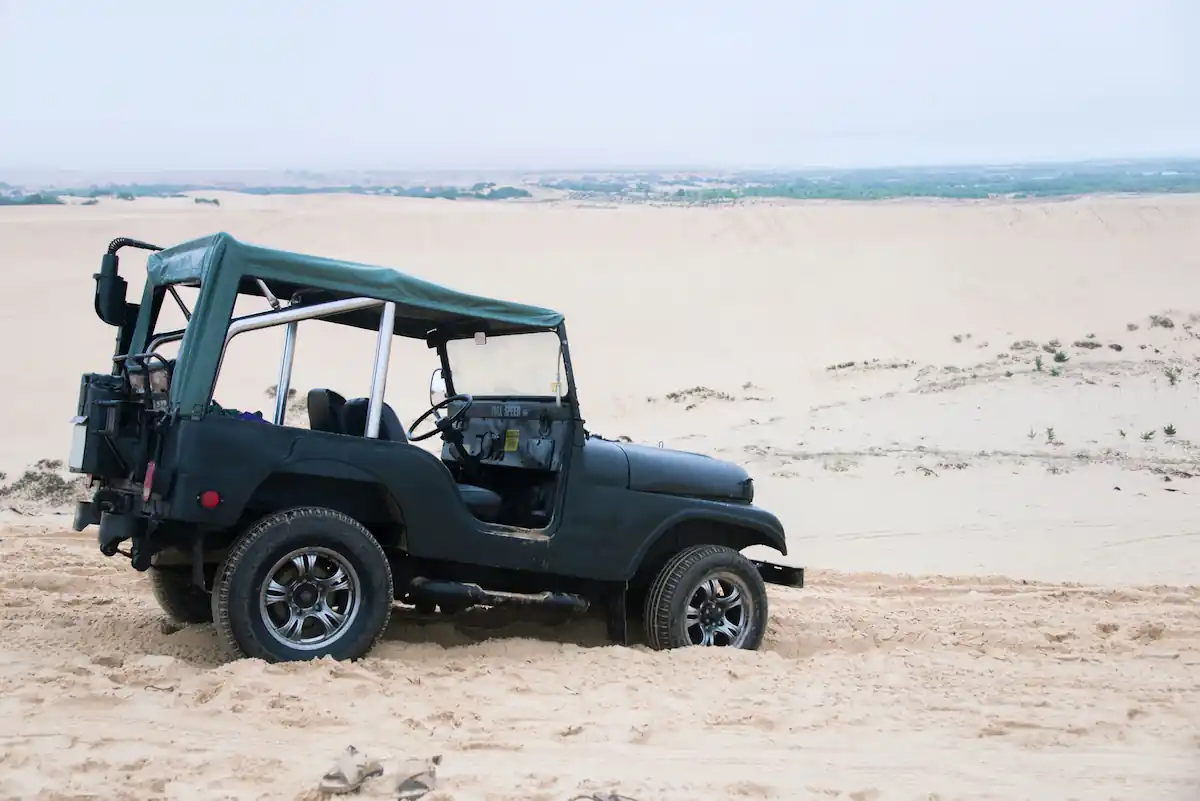
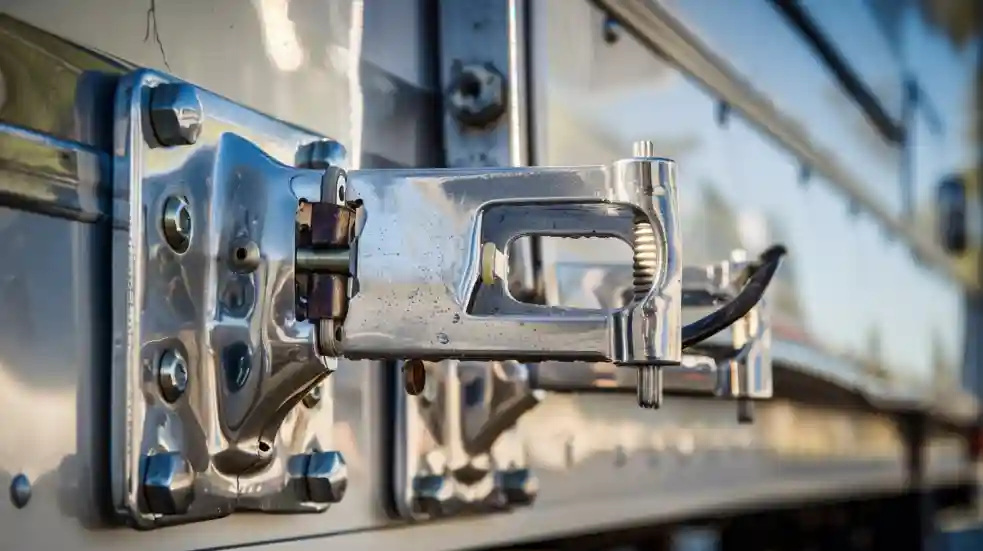
Leave a Reply